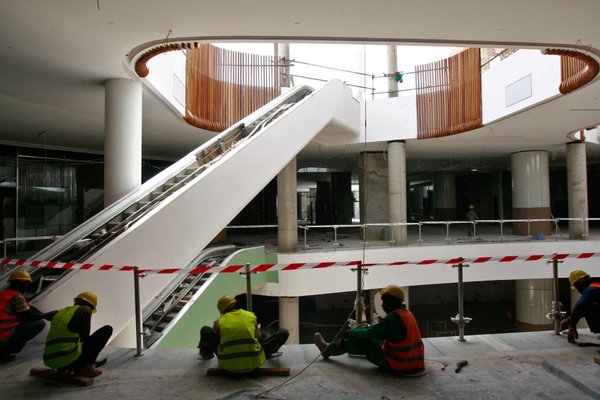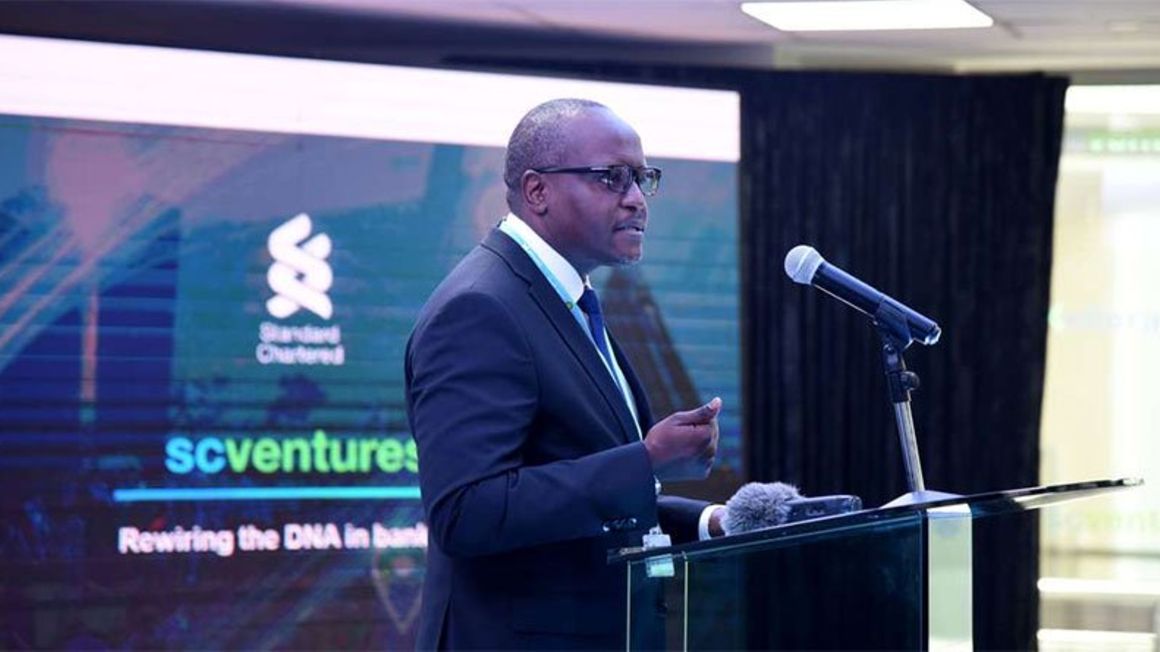Employees at Thika Cloth Mills Ltd (TCM), one of Kenya’s oldest textile manufacturers, have publicly expressed dissatisfaction regarding delays in the disbursement of long-standing entitlements, noting that while previous interventions prompted the settlement of certain arrears, the implementation of pensionable arrangements and other negotiated benefits remains incomplete and has generated considerable uncertainty among staff, particularly for those who have endured prolonged periods without remuneration for contributions accrued over multiple years.

In a detailed statement circulated among media outlets, workers described an atmosphere marked by mixed directives, shifting explanations, and abrupt instructions from Managing Director Dr. Tejal Dhodhia, with several employees alleging that attempts to seek clarification have been met with terse responses, indirect threats, and internal gimmicks that many interpret as calculated attempts to weaken lawful claims and suppress collective organization.
According to multiple accounts, documents containing entitlements agreed upon through structured bargaining cycles have remained inactive without credible dates for settlement, while internal communications have suggested the removal of clauses tied directly to employee benefits from the collective bargaining agreement itself, a proposal that has alarmed staff who argue it would strip workers of historical protections.

Employees say that this approach has been advanced by Dr. Dhodhia without transparent justification, thereby deepening distrust and cultivating widespread suspicion across several departments within the mill.
Workers further allege that those who question the status of arrears are promptly confronted with veiled disciplinary tactics, often relayed through intermediaries aligned with management interests, including a union branch figure accused of filtering information selectively and exerting psychological pressure on staff who request documentation or records for unpaid years.
These developments have driven employees to communicate anonymously, citing apprehension that their livelihoods could be jeopardized through schedule disruptions, punitive transfers, or sudden exclusion from critical administrative processes linked to payroll adjustments.
Thika Cloth Mills, established in 1958 and historically regarded as a central actor in Kenya’s textile landscape, continues to secure procurement channels tied to educational and uniform supply networks, granting its leadership considerable influence within the industrial chain.
Workers insist that this external prominence masks an internal reality in which obligations acknowledged on paper are continuously delayed, renegotiated in ambiguous terms, or left unaddressed entirely under the watch of Dr. Dhodhia, whose stewardship they claim has amplified tension rather than alleviated it.
Repeated efforts to obtain a substantive response from Dr. Dhodhia regarding the unresolved arrears, omitted clauses, and alleged internal pressures remained unanswered at the time of publication, leaving staff with little clarity on long-term resolutions.
Workers are now appealing for intervention from labour oversight desks, union headquarters, and industrial arbitration mechanisms, arguing that documented entitlements cannot be diluted through executive discretion, procedural opacity, or administrative silence.



“Hi Nyakundi. Kindly hide my identity. We at Thika Cloth Mills are watching a fresh wave of betrayal unfold after years of patience. When you exposed the arrears, payment finally began, but now that the government ordered a shift to pensionable terms, Dr. Tejal Dhodhia has flatly refused to implement it. Instead she is bullying workers, pushing threats through a branch official named Juma Odhiambo, who shields her and acts like her personal enforcer. Staff with six, eight, even ten years’ worth of unpaid benefits are being told we will only get six and the rest will be chopped up behind closed doors between Dr. Dhodhia and her fixer, Malo Malo. We have written agreements stamped, dated, and signed, yet not one has been honored. People are tired of excuses. Every time we ask for clarity we are met with intimidation, phone calls at odd hours, and warnings that our names are being “noted.” Now Dr. Dhodhia wants to strip the benefits clause from the CBA entirely and force workers to sign a new document built to erase our history, our sweat, and our rights. This looks like a calculated smash-and-grab on years of labour value. Anyone who questions it is cornered, isolated, and threatened with sudden transfers or silent removal from payroll adjustments. Thika Cloth Mills shouts about legacy outside its gates, but inside these walls workers are cornered, silenced, and tossed aside. We are watching a leadership team trying to rewrite the rules to dodge obligations, pretending nothing is wrong while milking the company’s uniform contracts for prestige. We need loud voices before this theft is cemented on paper. If this continues, hundreds of families will lose what they rightfully earned. Please shine a brighter light on this before those in charge bury the truth and walk away with our future.”











































